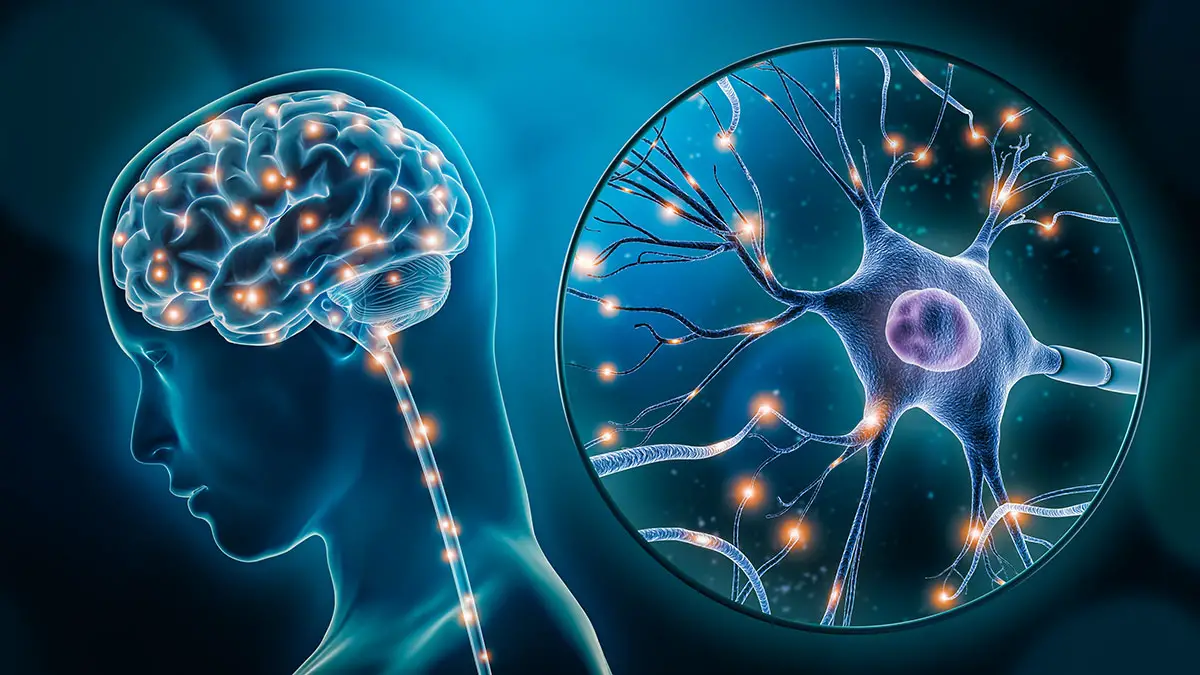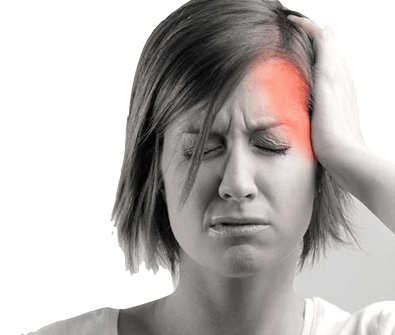News
The Future of Magic Mushroom Research: Promising Areas of Study
Magic mushrooms, also known as psilocybin mushrooms, have been used for thousands of years for their psychoactive effects. In recent years, there has been a resurgence of interest in the medicinal properties of magic mushrooms. Research has shown that psilocybin can help treat a range of mental health disorders, including depression, anxiety, and addiction. As scientists continue to explore the potential benefits of magic mushrooms, several promising areas of study could shape the future of this field.
Neuroplasticity

The potential of psilocybin to stimulate neuroplasticity is one of the most promising areas of study in magic mushroom research. Neuroplasticity is the brain’s ability to reorganize itself by forming new neural connections, and it plays a crucial role in learning, memory, and recovery from brain damage. Studies have shown that psilocybin can promote neuroplasticity by increasing the growth of new brain cells and enhancing the connections between existing ones. This could have significant implications for the treatment of neurodegenerative disorders, such as Alzheimer’s and Parkinson’s disease, which are characterized by the loss of neurons and the breakdown of neural connections. By stimulating neuroplasticity, psilocybin could potentially slow or even reverse the progression of these conditions, improving the lives of millions of people around the world. However, further research is needed to fully understand the mechanisms behind psilocybin’s effects on neuroplasticity and to develop safe and effective treatments based on these findings.
Addiction

Addiction is a complex issue that affects millions of people worldwide. Traditional treatments for addiction, such as cognitive-behavioral therapy and pharmacotherapy, have limited success rates. However, recent studies have shown that psilocybin, the active ingredient in magic mushrooms, may hold promise as a treatment for addiction. Studies have found that psilocybin can help reduce cravings for substances such as tobacco and alcohol, and can also help improve mood and decrease anxiety and depression. Researchers are exploring the mechanisms behind these effects, which are believed to be related to psilocybin’s ability to activate certain receptors in the brain and promote neuroplasticity. These findings could lead to the development of new, more effective treatments for addiction in the future. However, more research is needed to fully understand the potential of psilocybin as an addiction treatment, and to determine safe and effective dosages and treatment protocols.
End-of-life Anxiety

End-of-life anxiety can be an overwhelming and distressing experience for patients with terminal illnesses. Fortunately, psilocybin, the psychoactive compound found in magic mushrooms, has shown promising results in reducing anxiety and depression in these patients. Researchers are investigating how psilocybin can be used as a complementary therapy alongside traditional palliative care to improve the quality of life for patients in their final days. Studies have shown that a single dose of psilocybin can lead to significant and long-lasting reductions in anxiety and depression, as well as an increase in a sense of well-being and connectedness. Additionally, psilocybin has been shown to help patients cope with the fear of death, leading to a more peaceful and accepting end-of-life experience. While more research is needed, the potential of psilocybin as a treatment for end-of-life anxiety offers hope for patients and their families during a difficult time.
Cluster Headaches

Cluster headaches are a neurological disorder that is characterized by sudden, intense pain that typically occurs on one side of the head. This type of headache is relatively rare, affecting only about 1% of the population. Cluster headaches are notoriously difficult to treat, as conventional pain medications are often ineffective. However, recent research has shown that psilocybin, the active ingredient in magic mushrooms, may be effective in treating cluster headaches. Studies have found that psilocybin can help alleviate the symptoms of cluster headaches, including intense pain, nausea, and sensitivity to light and sound. This promising research is offering hope to those who suffer from this debilitating condition, and scientists are continuing to explore the potential of psilocybin as a treatment option for cluster headaches. While more research is needed, the potential benefits of psilocybin in treating cluster headaches cannot be ignored.
Microdosing
Microdosing is a practice that involves consuming small, sub-perceptual doses of psilocybin regularly, typically every few days. The idea behind microdosing is to enjoy the potential benefits of psilocybin without experiencing any of the intense psychedelic effects associated with higher doses. While there is limited scientific research on the effects of microdosing, many anecdotal reports suggest that it can be beneficial for a range of conditions, including depression, anxiety, and addiction. Some users also report improved focus, creativity, and productivity. Researchers are exploring the potential benefits and risks of microdosing, as well as the optimal dosages and protocols for using psilocybin in this way. While there are still many unanswered questions, early studies suggest that microdosing may be a promising area of research for exploring the therapeutic potential of psilocybin.
Legalization
The legalization of magic mushrooms is a topic that has gained significant attention in recent years. Although it remains illegal in many countries, some nations have decriminalized or even legalized the use of magic mushrooms. For example, the Netherlands has allowed the sale and consumption of magic mushrooms in “smart shops” since the early 2000s, and Jamaica has decriminalized the possession of small amounts of psilocybin mushrooms.
The proponents of legalization argue that it could lead to increased research into the potential benefits of magic mushrooms. Scientists have already found that psilocybin, the active compound in magic mushrooms, can have therapeutic effects in treating a range of mental health conditions, including depression, anxiety, and addiction. Legalization could also make it easier for patients to access safe and regulated products, rather than having to turn to the black market.
Opponents of legalization argue that there are risks associated with the use of magic mushrooms, such as the potential for users to have a “bad trip” or experience negative psychological effects. They also raise concerns about the potential for abuse and addiction. However, proponents of legalization argue that with proper regulation and education, these risks can be minimized, and the potential benefits of magic mushrooms can be realized.
Safety
As the field of magic mushroom research continues to expand, one important area of study is focused on ensuring the safety of those who use these substances. While psilocybin has shown great promise in treating a variety of mental health conditions, it’s important to note that there are potential risks associated with its use, such as the risk of a bad trip or exacerbating underlying mental health issues. Researchers are exploring various strategies to minimize these risks, including developing safe-use protocols and guidelines, educating the public on the potential dangers, and providing support and guidance for those who choose to use magic mushrooms. Safety studies will play a critical role in determining the future of magic mushroom research and use, as they will help to establish best practices and guidelines to ensure that these substances are used safely and effectively.
The Promising Future of Magic Mushroom Research
The future of magic mushroom research is full of promise, with several exciting areas of study. From the treatment of mental health disorders to the alleviation of physical symptoms, psilocybin has the potential to transform healthcare. However, further research is needed to fully understand the effects and risks of magic mushrooms and to ensure that they are used safely and responsibly. As the field continues to evolve, it will be interesting to see how the potential benefits of magic mushrooms are realized.


